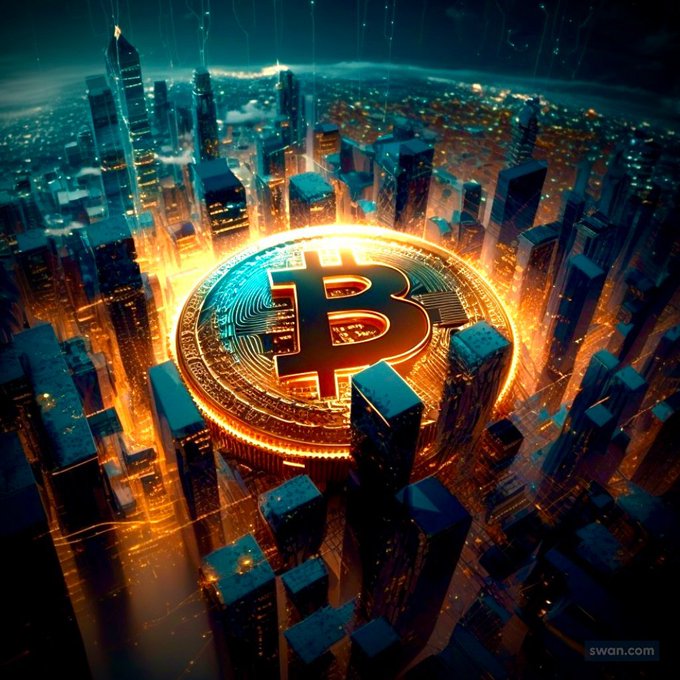Michael Burry, the investor who famously shorted subprime mortgages ahead of the 2008 financial crisis, closed out most of his regional bank investments in the second quarter.
Burry’s hedge fund, Scion Asset Management, sold all of its shares in Western Alliance (WAL), Huntington Bank (HBAN), PacWest (PACW), and First Republic (FRCB) during the second quarter. First Republic was seized by the Federal Deposit Insurance Corporation and sold to JPMorgan Chase in May, while PacWest agreed to merge with rival Bank of California in July.
The moves by Burry suggest that he is becoming more cautious about the banking sector. The Federal Reserve is expected to raise interest rates several times this year, which could put pressure on bank profits. Additionally, the war in Ukraine and rising inflation are creating uncertainty in the global economy.
Other major investors also adjusted their banking exposure in the second quarter. Bridgewater Associates, the world’s largest hedge fund, sold its remaining positions in US Bancorp, M&T Bank, and First Horizon Bank. However, it raised its holdings in Citigroup and Jefferies, and opened small positions in Capital One and Bank of New York Mellon.
Renaissance Technologies was a net buyer of banks in the second quarter, opening a sizable position in Bank of America and a smaller position in Cullen Frost. The firm also cut its exposure to Bank of New York Mellon and Deutsche Bank.
The moves by Burry, Bridgewater, and Renaissance suggest that investors are becoming more cautious about the banking sector. It remains to be seen whether the concerns of these investors are justified, but it is clear that the banking sector is facing some headwinds in the coming months.
The current US banking crisis is a complex situation with a number of contributing factors. However, some of the key drivers include:
- The Federal Reserve’s decision to raise interest rates: The Federal Reserve has raised interest rates several times in recent months in an effort to combat inflation. This has made it more expensive for banks to borrow money, which could lead to a decline in lending activity.
- The war in Ukraine: The war in Ukraine has created uncertainty in the global economy, which could lead to a decline in demand for loans from banks.
- Rising inflation: Rising inflation is eating into the profits of banks, as they are paying more for deposits and loans. This could lead to a decline in lending activity and a decrease in the value of bank assets.
- The collapse of several regional banks: In March 2023, three regional banks failed: Silicon Valley Bank, Signature Bank, and First Republic Bank. This has raised concerns about the health of the banking sector and could lead to a loss of confidence in banks.
The full impact of the current US banking crisis is still unknown. However, it is clear that the situation is a cause for concern. The Federal Reserve and other regulators are taking steps to mitigate the crisis, but it is possible that the situation could worsen in the coming months.
It is important to note that the current US banking crisis is not as severe as the financial crisis of 2008. However, it is still a serious situation that could have a significant impact on the economy. It is important to stay informed about the situation and to take steps to protect your financial interests.
Bitcoin is often seen as a safe haven asset, meaning that it can hold its value or even appreciate in value during times of economic turmoil. This is because Bitcoin is not subject to government control or manipulation, and it is not backed by any physical asset.
In the current US banking crisis, Bitcoin could become more attractive to investors who are looking for a safe place to store their money. The Federal Reserve has raised interest rates several times in an effort to combat inflation, and this has made it more expensive for banks to borrow money. This could lead to a decline in lending activity, which could hurt the economy.
In addition, the war in Ukraine has created uncertainty in the global economy, and this could also lead to a decline in demand for loans from banks. As a result, Bitcoin could become more attractive as a store of value during this time of uncertainty.
However, it is important to note that Bitcoin is a volatile asset, and its price can fluctuate wildly. It is also important to do your own research before investing in Bitcoin, as it is a high-risk investment.
Here are some of the reasons why Bitcoin may look more attractive given the US Banking crisis:
- Bitcoin is not subject to government control or manipulation. This means that it is not subject to the same risks as traditional currencies, which can be devalued or even hyperinflated by governments.
- Bitcoin is a decentralized currency. This means that it is not controlled by any single entity, such as a bank or government. This makes it more resistant to systemic risk, which is the risk of a collapse of the entire financial system.
- Bitcoin is a scarce asset. There will only ever be 21 million bitcoins created, which makes it a limited resource. This could make it more valuable in the long term, as demand for it increases.
Of course, there are also some risks associated with investing in Bitcoin. It is a volatile asset, and its price can fluctuate wildly. It is also important to do your own research before investing in Bitcoin, as it is a high-risk investment.
Ultimately, the decision of whether or not to invest in Bitcoin is a personal one. If you are looking for a safe haven asset that is not subject to government control or manipulation, then Bitcoin may be a good option for you. However, it is important to do your own research and understand the risks before investing.
Shayne Heffernan









